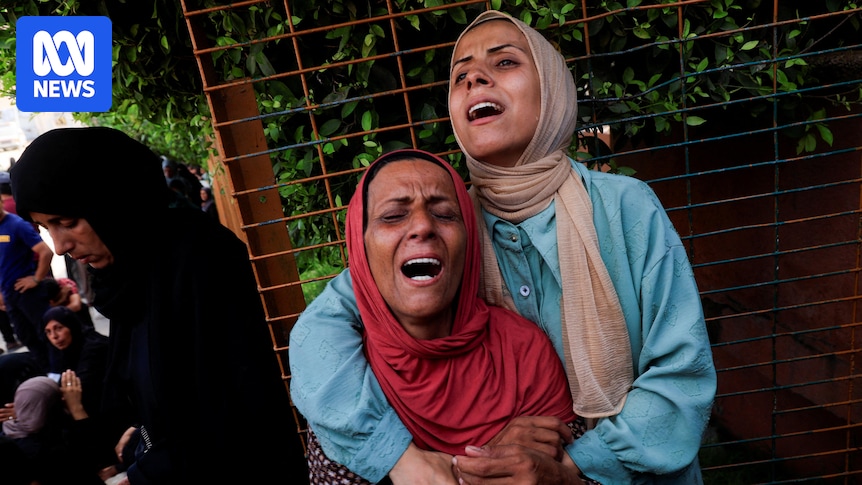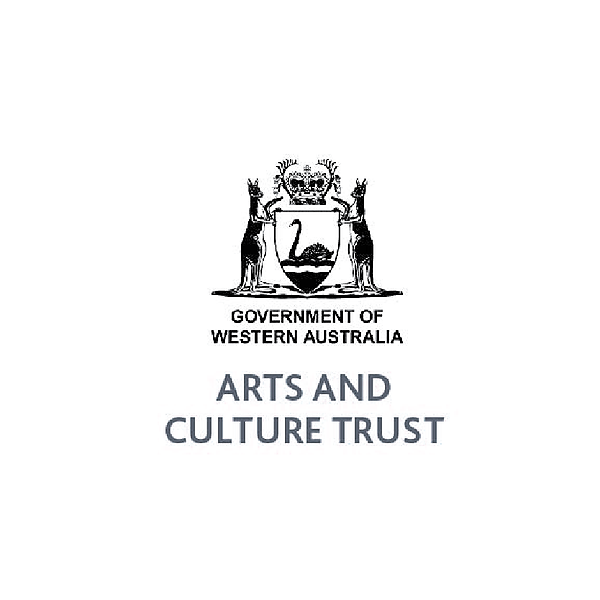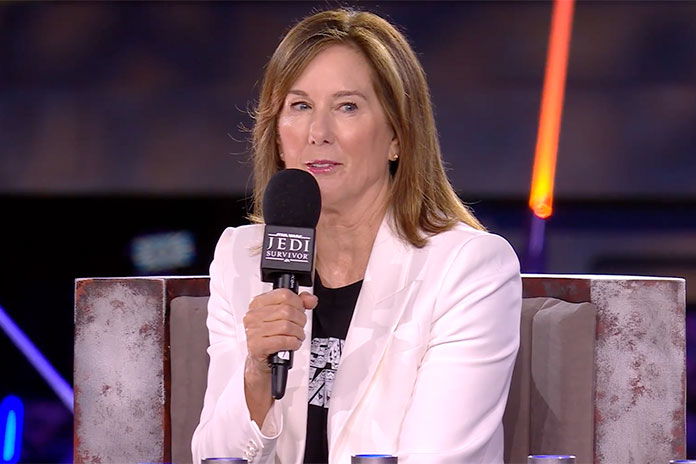
Six people have died of starvation in Gaza, with at least 40 others killed in strikes and gunfire on Sunday, according to local health officials in the Palestinian territory. This tragic development raises the death toll from what international humanitarian agencies warn may be an unfolding famine to 175, including 93 children, since the war began, as reported by Gaza’s health ministry.
Despite efforts from various countries to airdrop humanitarian aid into Gaza, the United Nations has stated that the supplies are insufficient to meet the needs of the population.
“At least 27 of the 40 people killed by Israeli fire were attempting to access aid distribution centers,” witnesses reported, describing the chaos as hungry crowds surged toward the aid sites.
The Humanitarian Struggle in Gaza
The ongoing conflict in Gaza, which began when Hamas launched a cross-border attack on southern Israel on October 7, 2023, has resulted in over 60,000 Palestinian deaths according to enclave health officials. Meanwhile, Israeli figures report that more than 1,200 people were killed and 251 taken hostage during the initial attack.
Israel’s military operations in the densely populated Gaza Strip have been met with international scrutiny. The Israeli government has dismissed figures from Gaza’s health ministry as propaganda, arguing that they are not trustworthy. The conflict has also restricted access for news organizations, including the ABC, preventing them from reporting freely from within Gaza.
Attacks on Humanitarian Sites
Amidst the humanitarian crisis, the Palestinian Red Crescent Society (PRCS) reported that its headquarters in Khan Younis was hit by Israeli artillery fire, resulting in the death of one staff member and injuries to three others.
“Despite being clearly marked with the internationally recognized Red Crescent emblem, the building was deliberately targeted by Israeli forces,” the PRCS stated.
The organization, responsible for providing health services such as paramedics in Gaza, highlighted the destruction caused by the attacks, with footage showing significant damage to their facilities. The PRCS condemned these actions as a breach of international humanitarian law, which protects medical facilities and personnel during armed conflicts.
Global Reactions and Hostage Crisis
In response to the humanitarian crisis, Israeli Prime Minister Benjamin Netanyahu has called on local Red Cross officials to provide food and medical assistance to Israeli captives. This plea follows the release of videos by Palestinian militant groups showing emaciated Israeli hostages held in Gaza.
Netanyahu has denied the existence of a starvation crisis in Gaza, despite numerous humanitarian agencies reporting severe hunger in the region. He accused Hamas of using “false horror propaganda” to manipulate global perceptions and reiterated his commitment to freeing Israeli hostages and eliminating Hamas as a threat.
The International Red Cross responded to these developments by emphasizing its readiness to facilitate the release of hostages and provide humanitarian assistance.
“We also reiterate our call to be granted access to the hostages, so we can assess their condition, give them medical support and facilitate contact with their families,” the organization stated.
Fuel Shortages and Innovative Solutions
Fuel shortages have exacerbated the humanitarian crisis in Gaza, impacting essential services such as hospitals that rely on generators for power. In response, some Palestinians have resorted to burning plastic waste to create alternative fuels, a process fraught with personal risk and environmental hazards.
Displaced Gaza resident Abdul Wahed Abu Saadeh described the dangerous process of creating fuel from plastic waste, highlighting the health risks and questionable quality of the resulting product.
“It is very dangerous. I have been burnt, the pipe exploded, and I was burnt — and I returned because this is the source of my livelihood,” he said.
As the humanitarian crisis in Gaza continues, the international community remains divided on how to address the complex challenges posed by the ongoing conflict. The situation underscores the urgent need for a comprehensive and sustainable solution to ensure the safety and well-being of civilians caught in the crossfire.







